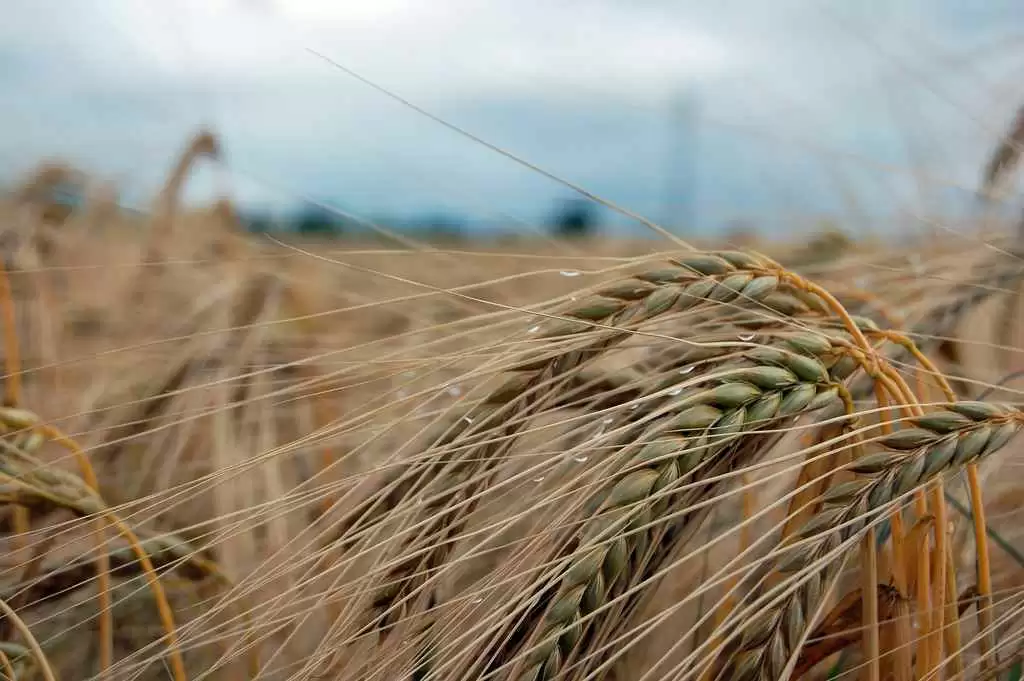
Celiac.com 03/05/2018 - While people with non-celiac gluten sensitivity (NCGS) have neither celiac disease nor wheat allergy (WA), they often do have intestinal and extra-intestinal symptoms that are related to gluten consumption.
Using a double-blind placebo-controlled (DBPC) gluten challenge with crossover, a team of researchers recently set out to conduct the first assessment of NCGS rates in children with chronic, gluten-associated gastrointestinal symptoms.
Celiac.com Sponsor (A12):
The research team included R Francavilla MD, PhD, F Cristofori MD, L Verzillo MD, A Gentile MD, S Castellaneta MD, C Polloni MD, V Giorgio MD, E Verduci MD, PhD, E D'Angelo MD, S Dellatte MD & F Indrio MD. They are variously affiliated with the Department of Pediatrics, San Paolo Hospital, Bari Italy; the Department of Pediatrics, Santa Maria del Carmine Hospital, Rovereto TN, Italy; the Department of Pediatrics, Catholic University, Rome, Italy; the Department of Pediatrics, University of Milan, S. Paolo Hospital, Milan, Italy; the Department of Pediatrics, Santa Maria Incoronata dell’Olmo Hospital; Cava dei Tirreni SA, Italy; the Tandoi Group Factory, Corato, Italy; and the Interdisciplinary Department of Medicine-Pediatric Section, University of Bari, Bari, Italy.
Their team looked at 1,114 children with chronic gastrointestinal symptoms, but no celiac disease and WA. For children showing a positive connection between symptoms and gluten ingestion, the team offered a four-stage diagnostic challenge that included: run-in, open gluten-free diet (GFD) and DBPC crossover gluten challenge.
Patients randomly received gluten (10 g/daily) and placebo (rice starch) for 2 weeks each, separated by a washout week. The gluten challenge was considered positive when accompanied by a minimum 30% decrease of global visual analogue scale between gluten and placebo.
Out of 1,114 children, 96.7% showed no correlation with gluten ingestion. Thirty-six children were eligible for the diagnostic challenge. After the run-in and open GFD, 28 patients underwent gluten challenge. Eleven of these children tested positive (39.2%).
This is the first such study to demonstrate the need for a DBPC for diagnosing NCGS in children, since the diagnosis is ruled out in more than sixty-percent of cases.
Source:






Recommended Comments
There are no comments to display.
Create an account or sign in to comment
You need to be a member in order to leave a comment
Create an account
Sign up for a new account in our community. It's easy!
Register a new accountSign in
Already have an account? Sign in here.
Sign In Now